This case study revolves around a testing team working closely with a leading biotechnology company specializing in cell analysis and manipulation. The primary objective of the testing team was to accelerate regression testing for a complex desktop application. Initially constrained by budget limitations, the team embarked on the journey of implementing open-source automation technologies. Subsequently, they evaluated and made a decision to transition to commercial tools to address specific automation requirements.

Accelerate Testing: Open-Source to Commercial Transition
The testing team encountered several challenges while addressing the regression testing requirements:
- Manual testing overhead: Manual regression testing was time-consuming, impeding the company’s ability to release updates promptly and affecting overall productivity.
- Limited scalability: The growing number of test cases and the application’s complexity made it difficult to maintain comprehensive regression testing coverage through manual means.
- Budget constraints: The stakeholders had limited resources available and were unable to allocate funds for commercial automation tools, prompting them to explore open-source technologies as a cost-effective alternative.
To overcome the challenges and expedite regression testing, the testing team decided to leverage open-source automation technologies. They meticulously selected and implemented the following open-source tools and frameworks:
- Python programming language: Python was chosen as the scripting language for test case creation due to its simplicity, versatility, and strong community support.
- Appium: Appium, an open-source automation framework, facilitated interaction with the application’s UI elements (To interact with the Win app driver to locate the element), enabling automated testing of the desktop application.
- Jenkins: Jenkins, an open-source automation server, streamlined job scheduling, automation triggers, and email notifications, ensuring efficient test execution and result reporting.
- Pytest: Pytest, an open-source testing framework, served as the foundation for organizing and executing automated test cases, providing robust test management capabilities.
- Allure framework: The Allure framework was utilized for test reporting, offering comprehensive and visually appealing reports to track test results and identify issues.
The implementation of open-source automation technologies yielded the following results:
- Bugs Found: Using automation, the testing team discovered and reported 82 issues, including both critical and minor defects. These bugs were promptly addressed by the development team, enhancing the overall quality and stability of the desktop application.
- Test Cases Automated: Out of the initial 400 test cases, the team successfully automated 266 test cases using open-source tools. This achievement accounted for 66% automation coverage, significantly reducing manual testing efforts.
- Execution Time Improvement: Regression testing time was reduced from 5 working days to 2 days, representing a notable improvement in efficiency. The implementation of automation allowed the team to execute test cases more quickly and identify defects promptly, leading to faster bug resolution and shorter release cycles.



